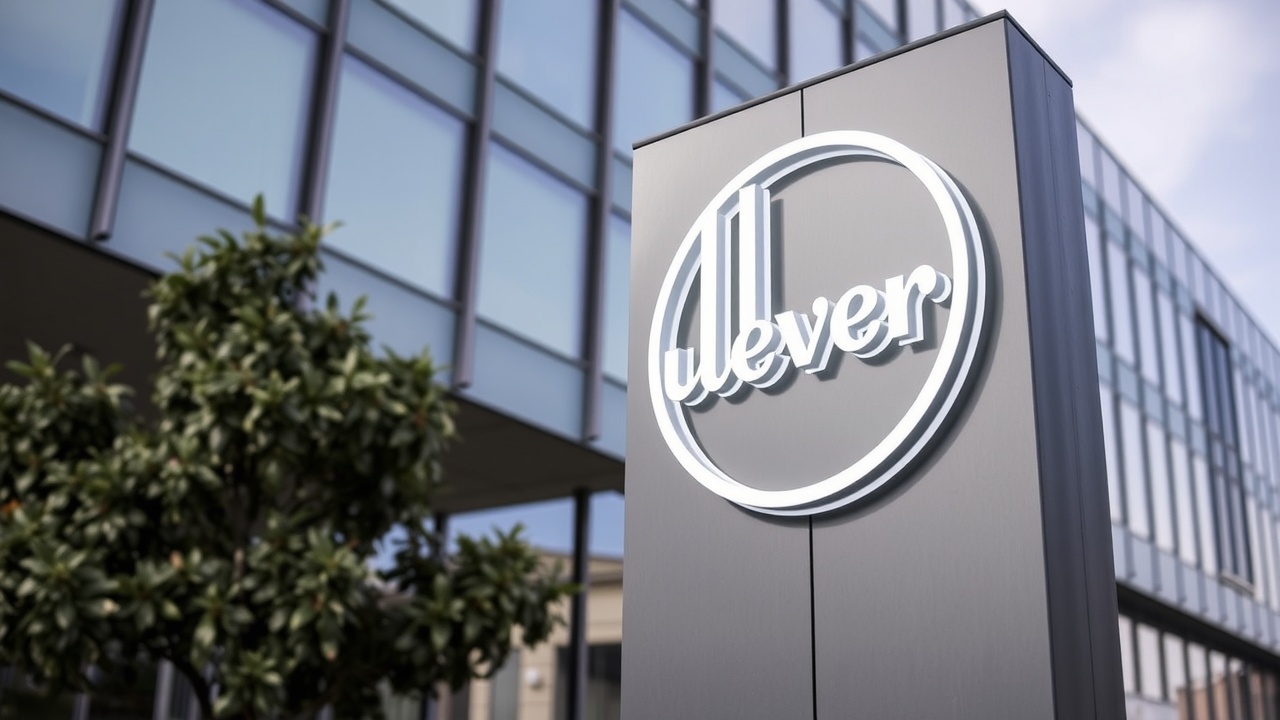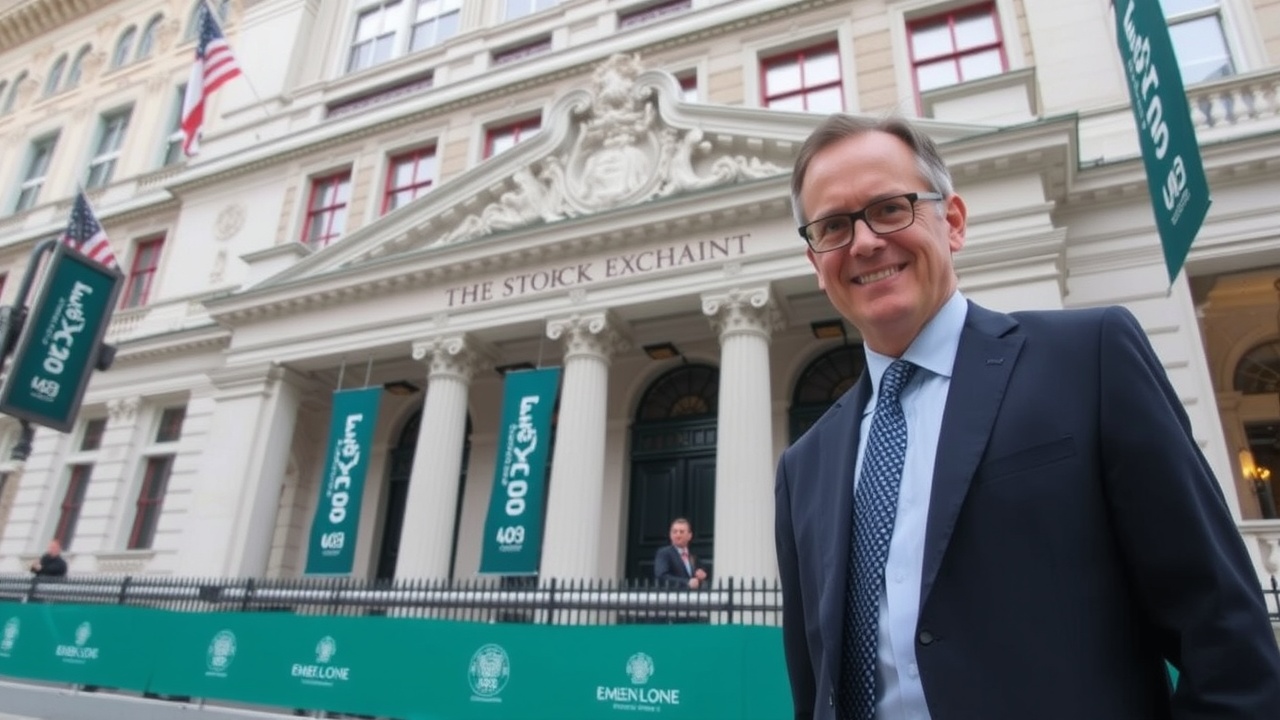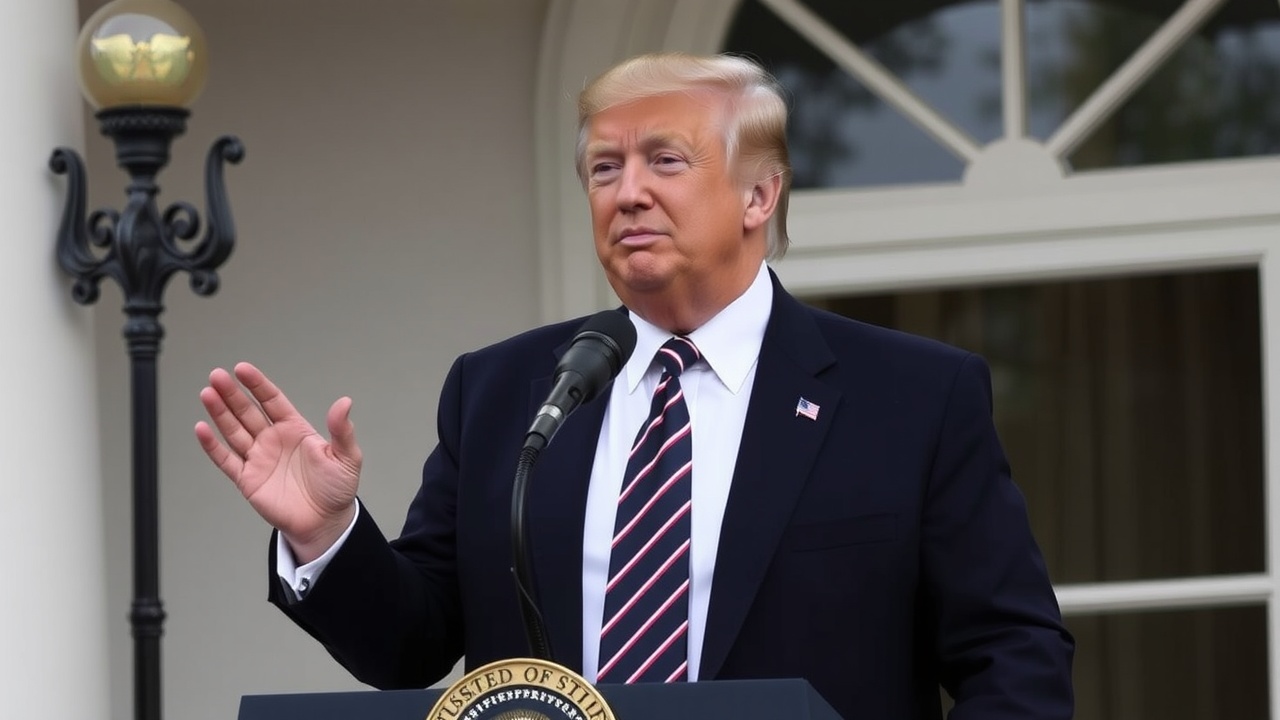
Unilever, a massive consumer goods company, has steadily improved its operational efficiency
Will tariffs create instability now?
According to The Times' Emma Taggart, Unilever CEO Fernando Fernandez has issued a warning that "inflationary pressures" could affect some of the company's most lucrative businesses. "Some return of commodity inflation" is what he says he has witnessed, but only in "a few families of materials" thus far. Given Unilever's focus on regional supply chains, he believes that Trump's tariffs will only slightly affect the company's sales, but they won't help the company's biggest market, which is experiencing "a more challenging macroeconomic environment."
According to Madeleine Speed and Gregory Meyer of the Financial Times, Unilever is not the only food manufacturer concerned about the worsening economic climate in the US and abroad. Additionally, rival company Nestl issued a warning that "weary shoppers would have to swallow higher prices." The "tariff-related uncertainty" has also caused PepsiCo and Procter and Gamble to lower their projections for the year. Many consumers may "not stomach" additional price increases this time around, even though all of these businesses were able to pass on higher costs during COVID.
Unilever's resilience surpasses that of its competitors.
According to eToros Mark Crouch, Unilever's most recent quarterly results indicate that it is handling the "basket of headwinds hitting the retail sector" better than its competitors while also moving closer to building a "leaner, more resilient operation." With a "steadfast" 3% increase in underlying sales in the first quarter, Unilever is still on course to reach its full-year sales growth goal of 3% to 5%. Its approach of "doubling down on its so-called power brands" while "trimming away lesser-known names and spinning off its ice-cream business" appears to be supported by this. The strategy seeks to "create substantial savings while reducing pressure on margins."
According to AJ Bells Russ Mould, Unilever's results may indicate that the company "is moving forwards rather than backwards," but don't be overly impressed by the most recent numbers. Even though sales growth exceeded expectations, the conglomerate "hardly shot the lights out," and Fernandez's assertions that the business is now "moving at pace" were not supported by the "pedestrian" figures. Stockholders may therefore have to acknowledge that some "patience" will be needed and hope that "slow and steady" does, in fact, win the race for Unilever.
Matt Britzman of Hargreaves Lansdown says it won't be easy to successfully turn around Unilever, especially at a time when the industry as a whole is having difficulties. The gross margin "reaching its highest level in a decade" and the "resilient" results, however, are unquestionably "promising." Unilever "continues to be a high-quality company with appealing foundations." Therefore, attaining steady mid-digit sales growth should be "on the cards" if Fernandez can fulfill planned cost reductions and spin-off ice cream "without causing too much disruption." The fact that the current valuation "isn't too demanding" is encouraging for the stock.














Leave a comment on: In the face of uncertain tariffs, Unilever prepares for inflation; what does this mean for investors?